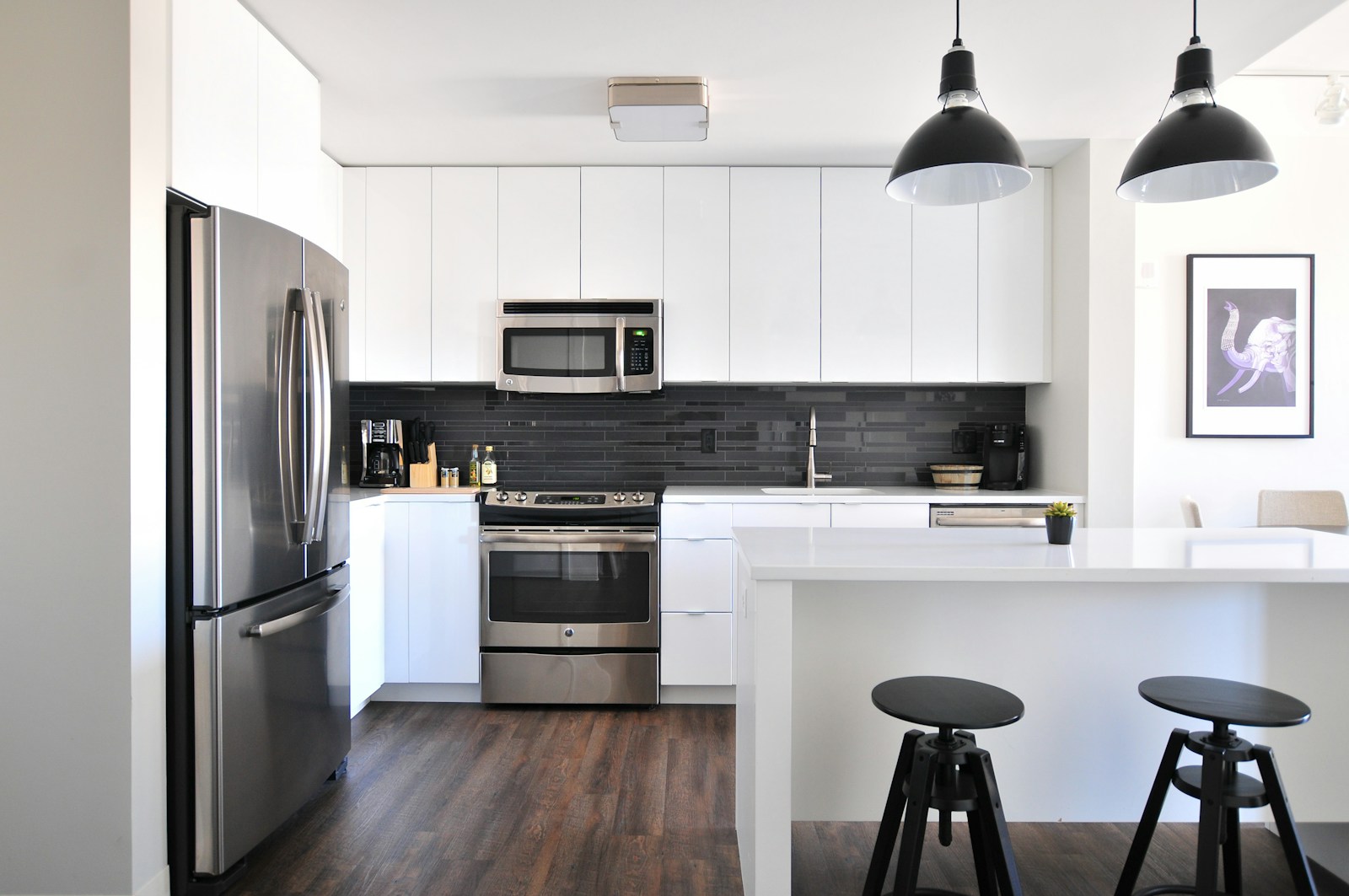Navigating Toronto's real estate market as a professional with a growing family brings its own challenges. Many of my clients, who often balance career demands and family needs, want a seamless experience when it comes to upsizing. Setting the right market price is one of the most effective ways to reduce stress and save time in this process.
Pricing your home accurately has been a game-changer for the many families I've worked with. It helps them move faster, avoid unnecessary complications, and, ultimately, enjoy the journey to their next dream home.
Understanding the Importance of Market Price
When we talk about market price, it’s simply the amount that buyers are likely willing to pay, given current conditions. This price is based on comparable properties, recent sales, and Toronto’s dynamic market trends. Pricing right means your home aligns with buyer expectations, making it much more attractive and helping it stand out to serious buyers.
For instance, if homes like yours sell for around $800,000, listing within that range typically attracts more attention than going higher in hopes of bargaining. Setting an accurate price helps maintain momentum, creating a buzz that draws buyers early—a critical time when your listing gets the most views.
Why Pricing Right Reduces Stress for Sellers
Selling your home can be emotional, especially if it holds family memories. But listing at the right price eases some of that emotional toll. A well-priced home tends to sell faster, avoiding the frustration when a home sits on the market too long. This also prevents the need for price reductions, which can sometimes make buyers hesitant, wondering if something is “wrong” with the property.
I often remind clients that an accurate price signals confidence, showing that you’re informed and in sync with market conditions. Serious buyers see a fairly priced home as a worthwhile option and are more likely to make an offer sooner.
Setting the Right Market Price: A Step-by-Step Guide
Consult a Real Estate Expert: Working with a knowledgeable realtor gives you access to invaluable data. I provide a Comparative Market Analysis (CMA) for my clients, detailing recent sales and current listings in your area, giving you a realistic pricing guide.
Evaluate Your Home’s Features: Recent upgrades, location perks, or special features (like a renovated kitchen or a finished basement) can make a difference. While these features might increase your home’s appeal, ensuring they match buyer expectations within your neighbourhood is crucial.
Consider Market Trends: Real estate is cyclical. Knowing if we’re in a buyer’s or seller’s market helps set a strategic price. I stay updated on Toronto’s market shifts so my clients can make well-informed pricing decisions that help them sell quickly and confidently.
Tips for Families Moving Up in Toronto’s Market
Define Your Goals: Think about what you want in your new home. Proximity to schools, community amenities, and space requirements all shape your decisions in selling and buying.
Stay Organized: I always encourage clients to keep important documents accessible. Make a checklist to ensure you don’t miss tasks like small repairs or decluttering, which can make a big difference in presentation.
Schedule Showings Conveniently: Coordinating showings can be challenging for busy families. I help clients plan open houses and private showings at times that balance family routines with buyer interest.
Emotional Support During the Selling Process
Selling a home is not just a financial transaction; it’s a big life change. One thing I’ve found is that acknowledging this emotional journey is essential. Focusing on the practical aspects—like finding a home that meets your growing family’s needs—can make the process feel purposeful, not just stressful.
Ready to Upsize?
The right price is key to an efficient, stress-free home-selling experience in Toronto's competitive market. By aligning your home’s price with market realities, you’re boosting your chances of a faster sale and paving the way for a smoother transition to a larger home perfect for your family.
Feel free to reach out if you're ready to start this journey or want more personalized advice! I'm here to make the entire experience seamless and rewarding. You can also follow me on social media for more tips or share your moving experiences in the comments. I’m excited to help you take the next big step in Toronto’s vibrant real estate market!






